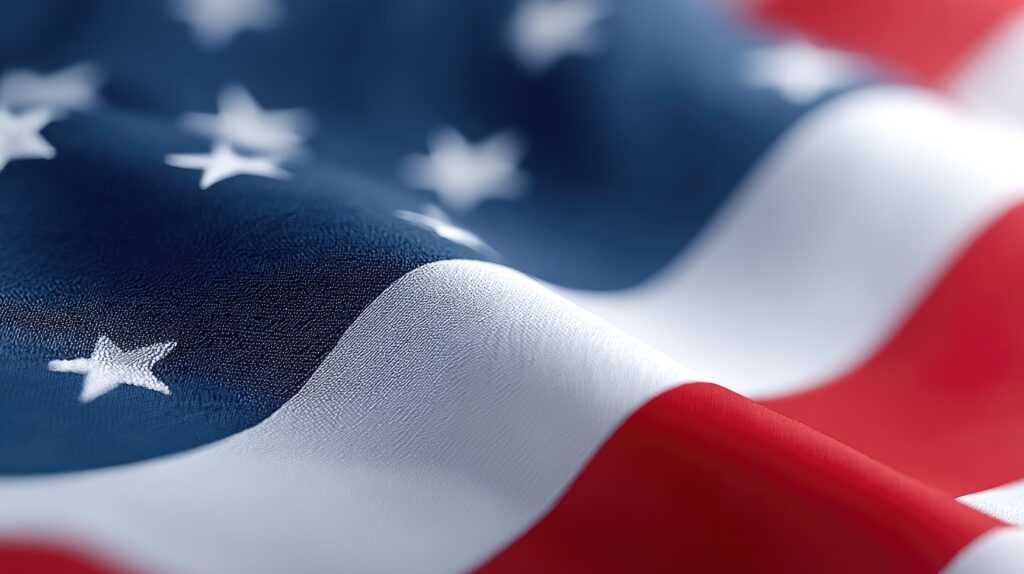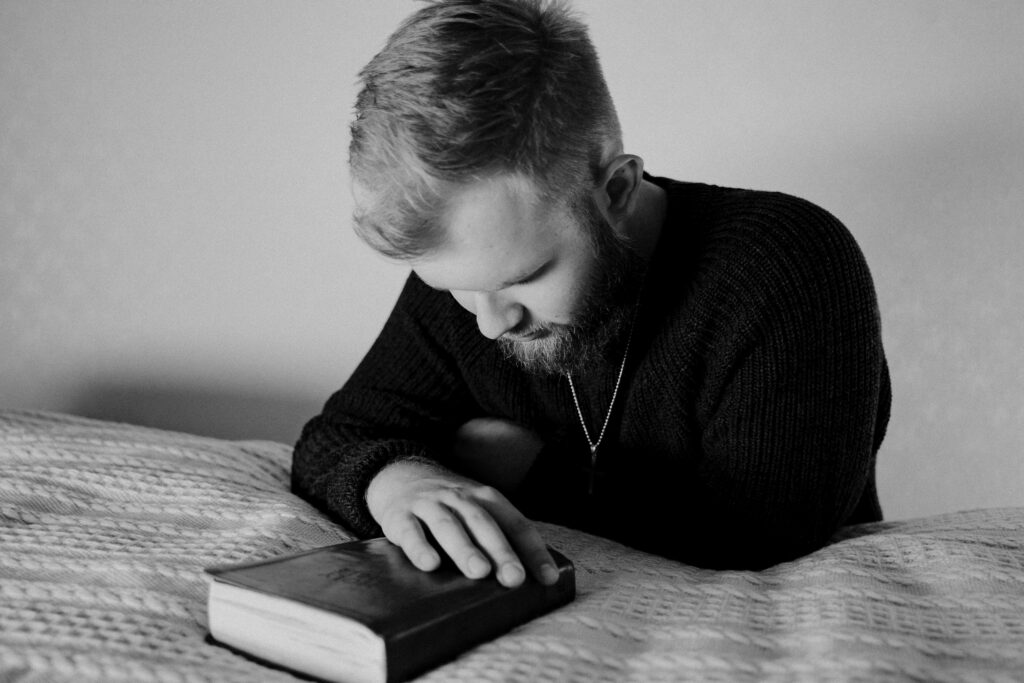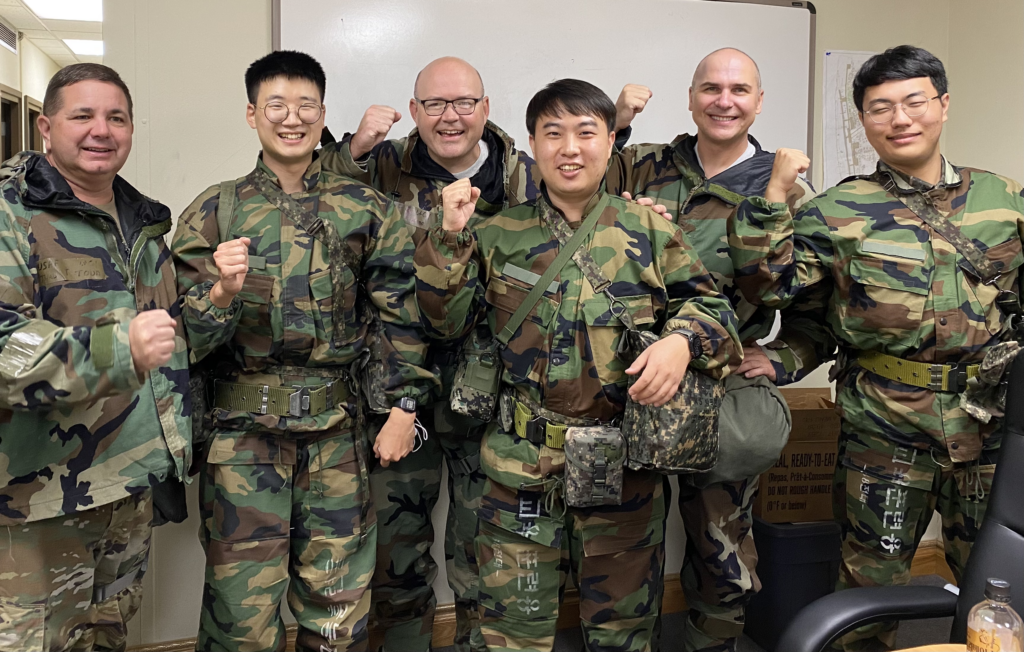Over 250 years ago, in Saint John’s Episcopal Church outside of Richmond, Virginia, 120 American patriots gathered to commit their lives to pursuing freedom from the tyranny of the British monarchy, insisting the only king who had a “divine right” to their lives was God Himself.
A young lawyer and gifted orator, Patrick Henry, gave an impassioned speech about God’s gift of freedom to humanity. Quoting from Jeremiah 6:14, he concluded, “Gentlemen may cry, ‘Peace, peace, but there is no peace.’ The war against our desire for freedom has begun. I know not what course others may take, but as for me, give me liberty or give me death!” [1]
On June 15, 1775, the Second Continental Congress met in Philadelphia, voting to create a citizen militia and name George Washington as Commander in Chief of the Continental Army. At the request of General Washington, the Continental Congress established the Chaplain Corps on July 29, 1775. On November 28, 1775, the Continental Congress directed that divine services be held aboard all naval ships, resulting in the birth of the Navy Chaplain Corps.
One of General Washington’s first decisions was to appoint chaplains into the ranks, believing that these pastors in uniform were indispensable “points of light” to a soldier’s religious, moral, and spiritual heath.[2] He directed his chaplains to teach the troops that “the blessing and protection of Heaven are at all times necessary” to give the military success on the battlefield.[3] The newly formed militia certainly needed God’s favor because it was untrained, sparsely funded, poorly equipped, and unproven on the battlefield. However, these valiant soldiers fearlessly and courageously stepped forward to protect the country’s ideals of life, liberty, and the pursuit of happiness, paying for it with their very lives.
In addition to the Naval Chaplain Corps, this year the nation also celebrates the 250th anniversary of the U.S. Armed Forces military chaplaincy. In times of peace and war, chaplains have held fast as a beacon of hope and resiliency to our troops. Whether enduring the brutal winter at Valley Forge, comforting the wounded and dying on Civil War battlefields, braving trench warfare in World War I, storming the beaches of Normandy during World War II, surviving frostbite in the cold winters of the Korean War, slogging through the jungles and rice patties of Vietnam, or traversing the bomb-filled roads of Iraq and Afghanistan, our chaplains have always been there, answering the sacred call to serve God and country.
In 1941, the Southern Baptist Convention established the Chaplain Commission and began endorsing chaplains to support the religious needs of the Armed Services. Today, 84 years later, Southern Baptist churches continue to send out chaplains to preach the gospel, befriend the lonely, tend the wounded, shepherd the lost, and strengthen the weak in various federal, institutional, organizational, and community settings across the nation and around the world.
The Southern Baptist Convention remains the largest chaplaincy endorsing agency in North America. Thank you, chaplains, for answering the call to the chaplaincy ministry. Thank you for always being there for the hungry or thirsty, the stranger, the homeless, the sick, the incarcerated, or the lost. You are part of a rich legacy of ministry established by our nation 250 years ago.
During the Continental Army’s encampment at Valley Forge in the bitter winter of 1777, Reverend John Hurt, who eventually became the first official United States Army chaplain, encouraged his soldiers, “Without God, nothing is strong; without Him, no king can be saved by the multitude of an army, nor the mightiest man be delivered by his own strength.”[4] Chaplains, may you remind those under your pastoral care to put their hope in our great God and Savior, Jesus Christ, who can always be found in times of trouble. And may the eternal promise of Jesus Christ encourage you every day in your chaplaincy ministry, “Truly I tell you, whatever you did for one of the least of these brothers and sisters of mine, you did for me” (Matthew 25:45, NIV).
[1] Patrick Henry, “Give Me Liberty Or Give Me Death”, (speech, Second Virginia Convention, Richmond, Virginia, March 23, 1775), https://avalon.law.yale.edu/18th_century/patrick.asp.
[2] George Washington, “General Orders, Headquarters, Newburgh, 15 February 1783,” Founders Online, National Archives, https://founders.archives.gov/documents/Washington/99-01-02-10643.
[3] George Washington, “General Orders, Headquarters, New York, July 9, 1776,” Library of Congress,
https://www.loc.gov/resource/mgw3g.001/?sp=308&st=text.
[4] “The love of our country.” A sermon, preached before the Virginia troops in New-Jersey. / By John Hurt, Chaplain.” https://name.umdl.umich.edu/N12177.0001.001. University of Michigan Library Digital Collections.
Published September 8, 2025


